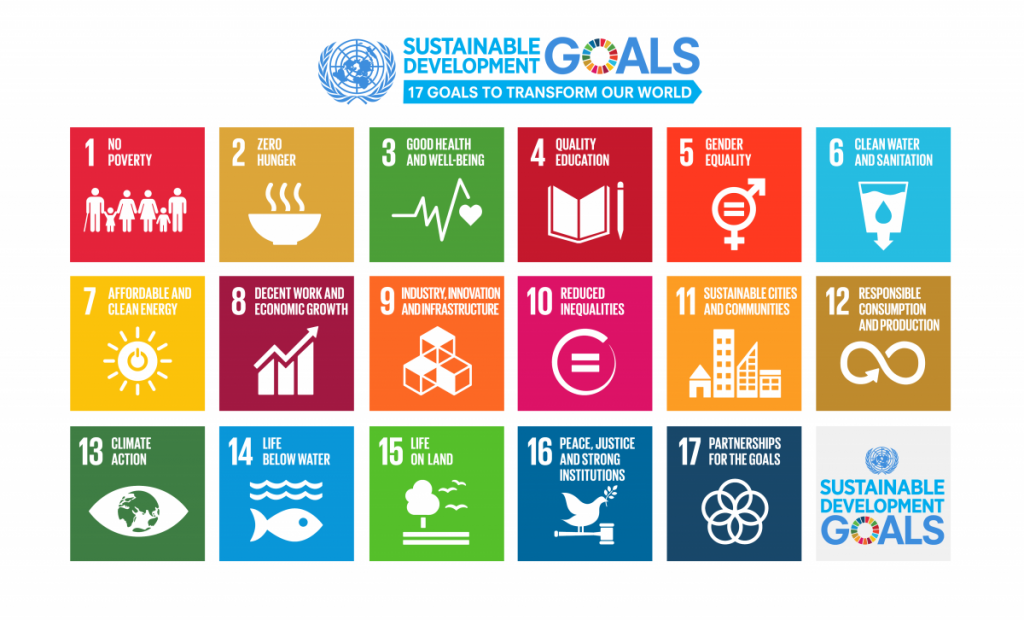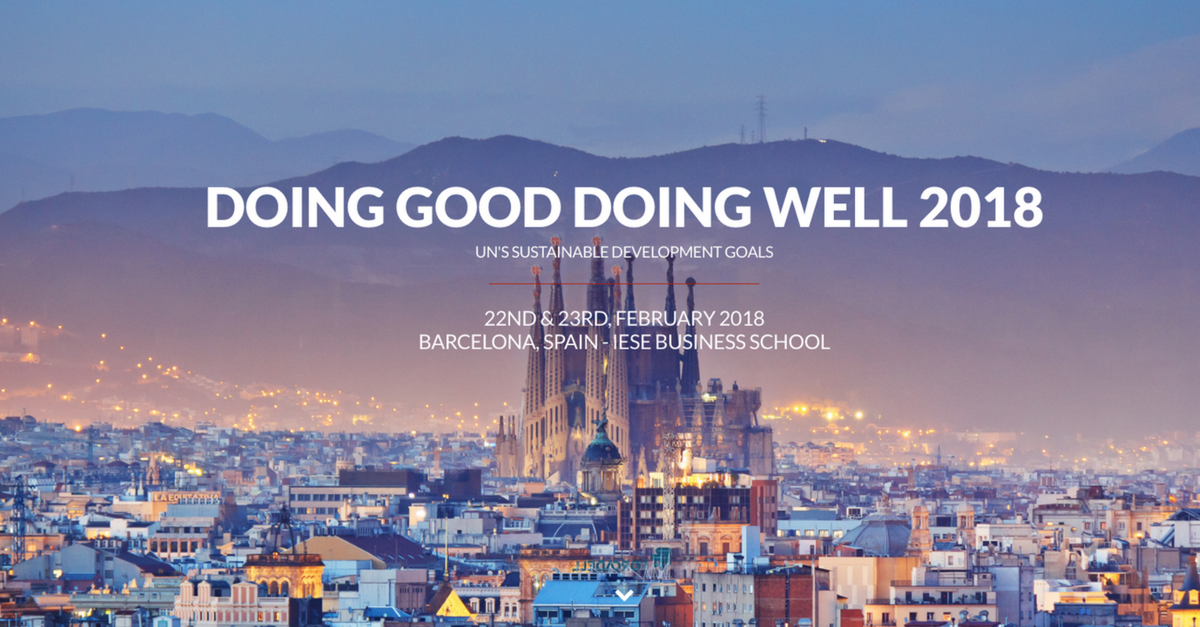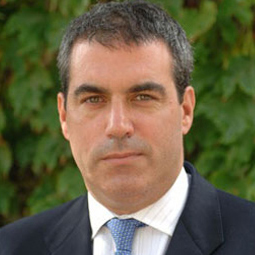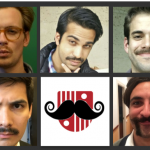Professor Mike Rosenberg, Professor of Strategic Management at IESE, has seen our flagship student-led conference on responsible business, Doing Good Doing Well, evolve since it started 15 years ago. In this post, he reflects on the purpose and impact of the event on his students.
For the last 15 years, IESE students have been organizing a conference called Doing Good Doing Well in which they invite speakers from around the world to talk about issues related to environmental sustainability, corporate social responsibility, and other subjects which fall within the idea of responsible business.
While myself and other members of the faculty and staff try to help where we can, the conference has been organized by amazing students who put their heart and soul into the event. They choose the topics, recruit the speakers and the sponsors, moderate many of the panels and basically manage the entire event.
At one conference a journalist asked me why I enjoyed teaching at IESE and I answered that seeing the students take ownership of such an extraordinary event and being able to be part of their personal growth is really what teaching is all about. This has happened every year as different students have taken the conference in slightly different directions and then gone on to do amazing things in the world.
This year the theme chosen by the students are the 17 Sustainable Development Goals approved by the United Nations. The 17 Sustainable Development Goals were approved by 193 countries as the successors to the 8 Millennium Goals which, in theory, were to be achieved in 2015. Each one is further divided into a number of targets creating a list of 169 specific targets and many are supposed to be achieved by 2030.

The 17 Sustainable Development Goals
While the goals are clearly desirable, the reality is that it is very difficult to see a path to achieving targets such as the eradication of hunger and poverty or the end to gender bias around the world in the next 12-13 years, if ever. I understand the conference will explicitly explore the question of the importance of having the entire world agree to such goals even if some seem out of reach.
One exercise I do with students in my 2nd year class on the link between business strategy and sustainability, many of whom are part of the organization of the conference, is to get them to think through which of the goals, in their view, were the most important and which should be tackled first.
At issue is which goals are pre-requisites to achieve the others and how the different goals would play out over different time scales and across different parts of the planet with different cultural norms and levels of economic development.
This year’s conference will have sessions on how the goals are really being put into practice, the role of the investment community, social enterprises and new technology as well as the specific links to consumer products and renewable energy. Keynotes will be given by business leaders, entrepreneurs, academics and leaders of ONG’s.
The important aspect of the conference is of course on the impact it will have on the MBA students who organize it and those who will be attending from IESE Business School as well as a number of other schools in Europe. What is truly transformative is to see how these women and men in their late twenties and thirties embrace the challenge of being successful in business while at the same time acting in a responsible way.
The co-chair of the first conference back in 2004 was, for example, Emma Coles, who later became the Vice President of Responsible Retailing for the Ahold Group, one of the world’s largest super market retailers with brands such as Albert Hejin in Holland and Giant and Stop & Shop in the U.S.
Emma and countless others have found a path in life where they can really make a difference and provide leadership in a world which sorely needs it. Perhaps their generation will be able to actually make the Sustainable Development Goals a reality by combining their passion and energy with the business fundamentals they have learned in school.
What they have is a sense of possibility combined with faith in themselves, new technology and business models that just might prove sufficient to overcome some of the enormous challenges the world is facing.
This post was first published on Forbes.







